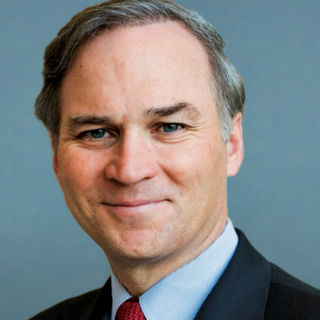
While I worked a number of summer jobs over the years, I still smile when I remember my early days of glass bottle recycling entrepreneurship.
Walking along the roadsides of our neighborhoods, you could often spot old Coca-Cola bottles littering the ditches, tossed there by passengers in Chevy and Ford trucks. Once my best friend and I learned that you could exchange those old glass bottles for 3 cents apiece, we made it our mission to spend those long summer days collecting as many Coca-Cola bottles as we could. Our financial goal? To earn enough money to buy candy from the local store.
Our “job” proved lucrative. We spent many hot days pulling glass bottles from the embankments, hauling the bottles toexchange, and counting our earnings. I doubt anyone really noticed our clean-up effort, but it taught me valuable lessons about work. And, in my young mind, our effort paid huge dividends: those coveted Hershey bars with almonds.
Those simple summers hold a fond place in my heart. I think it’s because it was one of the earliest points in my life when I realized the true value and meaning of work. It laid the foundation upon which I view business and work today.
We talk a lot about jobs in our nation, and rightly so. Work is a fundamental part of the American character. To many Virginians, work is a pay check, but it’s also so much more than a livelihood. Work is the hope for greater opportunities. It’s a chance to meet personal goals. It’s the opportunity to serve a family, a community, an industry, or a mission that is bigger than ourselves.
Indeed throughout our history, individual Americans have used their work – their livelihoods – to help our nation burst through economic sluggishness. Ronald Reagan once shared: “I would match the American worker against any in the world. The people whose labor fuels our industry and economy are among the most productive anywhere.… Let us tap into that well of human spirit…”
But, he cautioned, “Our destiny is not our fate; it is our choice.”
His caution is right. The legacy of the American worker rests on our ability as a nation to create opportunities for work. Every day, we as a nation face critical choices. We must decide whether we will empower people in their entrepreneurial ventures. Every day, we as a nation must decide whether we will give our business owners the freedom to build, grow, and innovate. And every day, those are the choices that are on my mind as I make decisions that impact Virginia and our nation.
That’s why I choose to strengthen our shipbuilding and defense industrial base. Virginia’s shipbuilding and ship repair industries employ thousands of engineers and tradesmen – the Hampton Roads region alone accounts for roughly one fifth of the nation’s total shipbuilders. Their daily work is critical to our national security. National defense is not a faucet that can be turned on and off (both for the sake of our national security, as well as for our jobs and economy). That’s why I’ve led the charge to fully fund Navy ship repair, successfully pushing the Navy to accelerate maintenance and modernization work to better sustain the ship repair sector throughout 2016 and beyond.
That’s why I choose to unwrap the red tape that entangles our manufacturers. Manufacturers bring approximately aquarter million jobs to our economy in Virginia. Their daily work creates well-paying jobs, encourages growth, and fuels innovation. The industry is ripe for global competitiveness, which is why I’ve supported efforts to make government an enabler instead of a barrier — like requiring detailed information about the economic impact of any new regulations. I have also worked to ensure companies like Lipton and Keurig Green Mountain have a clear, uniform set of regulations so they can continue to ship their products to all 50 states and employ hundreds in our area.
And that’s why I choose to work to make our region attractive to new opportunities. New business and jobs will come to communities that have the infrastructure and environment to support them. I’ve partnered with community leaders to prioritize infrastructure decisions to help draw companies, like Amazon, to our communities. I’ve cosponsored legislation to remove bureaucratic hurdles for economic development and expedite permit approvals for major economic development sites. I have also worked diligently to support the continued growth of the Port of Virginia and ensure Virginia remains a hub for economic growth.
The federal government doesn’t power America. It is the individual who powers America. Individual workers, individual businesses, and individual jobs. And it is the collective power of that workforce that creates the backbone of our American economy.
Let us remember, as Ronald Reagan said, to tap into that well of human spirit. For our destiny is not our fate; it is our choice.
Randy Forbes represents the Fourth District of Virginia in Congress.










